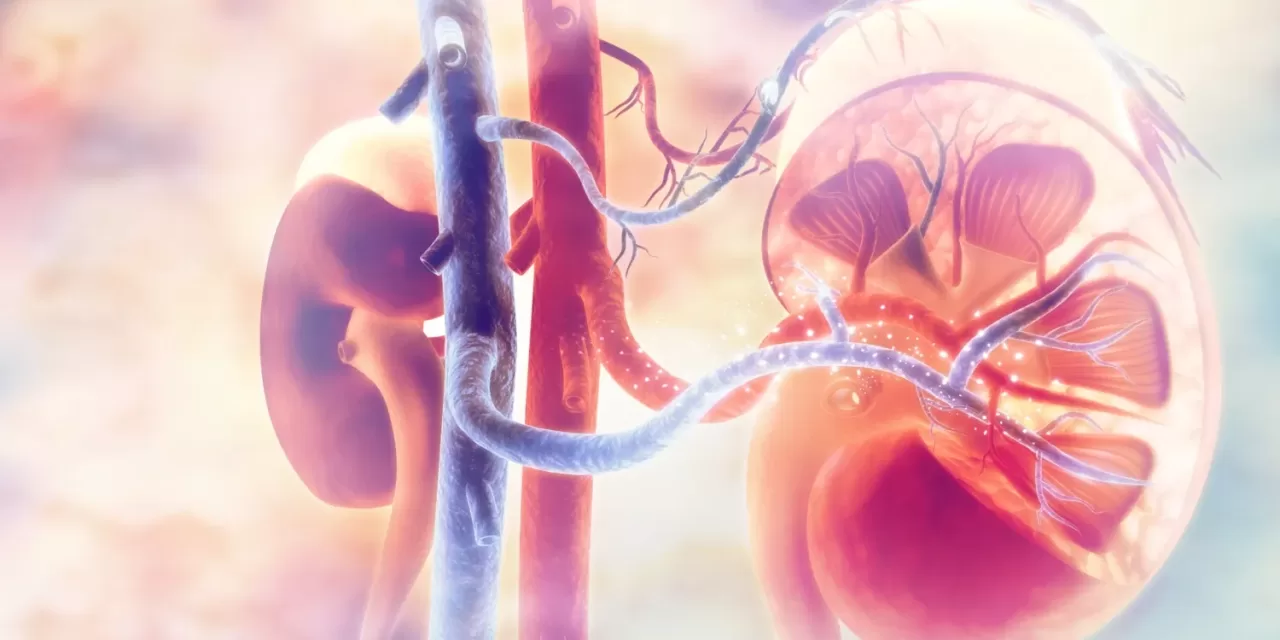January 7, 2025 | By [Your Name]
In a groundbreaking study, researchers have identified six new biomarkers that could significantly improve the detection and management of drug-induced kidney injury, also known as nephrotoxicity. These biomarkers offer the potential for faster and more sensitive monitoring of kidney health, which could transform drug development and patient care.
Nephrotoxicity is a common and often serious complication of various medications, including anti-inflammatory drugs, antibiotics, antiretrovirals, and chemotherapy agents. It can lead to the discontinuation or restriction of potentially life-saving treatments. However, the new findings, published in Clinical Pharmacology & Therapeutics, suggest a much-needed breakthrough in kidney injury monitoring.
Dr. Sushrut Waikar, MD, MPH, Chief of Nephrology at Boston Medical Center, led the research, which revealed that the newly discovered biomarkers can be detected in the urine within 24 hours of kidney injury, offering a much quicker response than current blood tests, such as serum creatinine. “Current biomarkers are often too slow at indicating early kidney damage,” says Waikar. “These biomarkers can provide early alerts, allowing for more timely interventions and better outcomes for patients.”
The study involved examining the urinary levels of protein biomarkers in healthy volunteers as well as patients receiving chemotherapy for mesothelioma, a cancer known to cause kidney toxicity. The researchers found that the six biomarkers are primarily produced by the kidneys in response to injury or inflammation, making them more sensitive indicators of kidney damage than traditional tests.
The ability to detect kidney injury at an earlier stage could be transformative, not just in clinical practice but also during drug development. “This approach will help in monitoring kidney health more effectively in clinical trials, which could lead to the development of safer treatments,” adds Waikar, who is also a professor at Boston University’s Chobanian & Avedisian School of Medicine.
The research team is optimistic that these biomarkers could become a standard part of kidney health monitoring, ultimately leading to better treatment options for patients and minimizing the risk of long-term kidney damage. “The hope is that these findings will contribute to better strategies for preserving kidney function, advancing safer drug development, and improving overall patient care,” says Waikar.
The researchers are now planning further studies to explore whether these biomarkers can be used more broadly in clinical settings, potentially transforming how kidney injury is detected and managed across all patient populations.
For more information, see the full study: Sushrut S. Waikar et al., Urinary Kidney Injury Biomarker Profiles in Healthy Individuals and After Nephrotoxic and Ischemic Injury, Clinical Pharmacology & Therapeutics (2025). DOI: 10.1002/cpt.3531.












